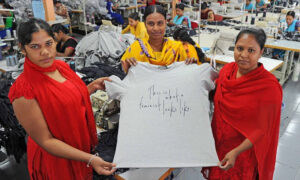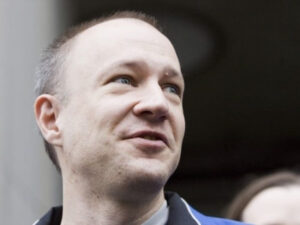
Montreal has always been known for its vibrant media landscape, encapsulating a wide array of views from the deeply conservative to the far-left progressive. But it’s not just the diversity of opinions that makes Montreal’s media unique. It’s also the journalists behind these opinions. And recently, these journalists have found themselves in the midst of a whirlwind of ethical questions.
A Shocking Shift: From Newsrooms to the Political Arena
They say that journalists are supposed to report the news, not become it. Yet, that line has blurred recently as former reporters from various news agencies have thrown their hats into the political ring. Most notably, the Parti Québécois (PQ) candidacy has become a hotbed for former journos, sparking debates across both media and political spectrums.
“Some believe that having a background in journalism offers a unique perspective in the world of politics,” says Dr. Alain Moreau, Professor of Political Science at the University of Montreal. “They’ve seen the inner workings of newsrooms, understand how stories are crafted, and perhaps, can bring a degree of transparency to their new roles.”
However, not everyone’s convinced.
Ethical Quandaries and Potential Biases
Is it really possible to switch from being a neutral observer to a participant without any lingering biases? And more importantly, do these former journalists owe their past employers—and the public—a degree of transparency about their new roles?
The Internet’s been abuzz with this debate. One user on a popular Montreal forum commented, “If you’ve been critiquing politicians for the better part of your career, how can we trust you now as one? Aren’t you just playing for the other team?”
But others argue that everyone has a past, and transitioning careers doesn’t necessarily translate to compromised ethics.
Jean-Pierre Leblanc, a noted media analyst, argues, “Everyone evolves in their career path. Lawyers become judges, actors become directors. Why can’t journalists become politicians if they feel the call?”
Drawing Parallels: Montreal and the Global Trend
This isn’t just a Montreal phenomenon. Around the globe, several notable figures have made the jump from journalism to politics. For instance:
- Boris Johnson, the UK Prime Minister, was previously the editor of The Spectator.
- Italy’s Mario Calabresi, former editor-in-chief of La Repubblica, took on a political role post his journalistic career.
These transitions always elicit questions about impartiality and potential conflicts of interest. But as Wikipedia notes, “The lines between journalism, media, and politics have been blurred for centuries.”
Balancing Act: Public Trust vs. Personal Ambitions
For former journalists eyeing political positions, there’s a careful balancing act to maintain. While they have every right to pursue their ambitions, they must also be wary of public trust.
Take, for instance, the famous saying, “With great power comes great responsibility.” Journalists wield considerable influence, and their words shape public perception. Once they pivot to politics, they must ensure they don’t misuse this influence.
It’s a double-edged sword. On one hand, their past could provide them with unparalleled insights. On the other, it could be their Achilles’ heel, with opponents ready to point out every inconsistency from their reporting days.
The Road Ahead: Navigating the Murky Waters

So, where does this leave us? Is there a clear answer to whether former journalists should enter politics?
Well, it’s like asking if apples are better than oranges. Both have merits, and it’s more about personal preference. The onus is on these former journalists to prove their mettle, be transparent, and serve the public just as diligently as they reported on them.
In the end, perhaps the most pertinent question isn’t about ethics or biases. Instead, it’s simpler: Are they ready for the spotlight once again, albeit in a different arena?
Only time will tell.






